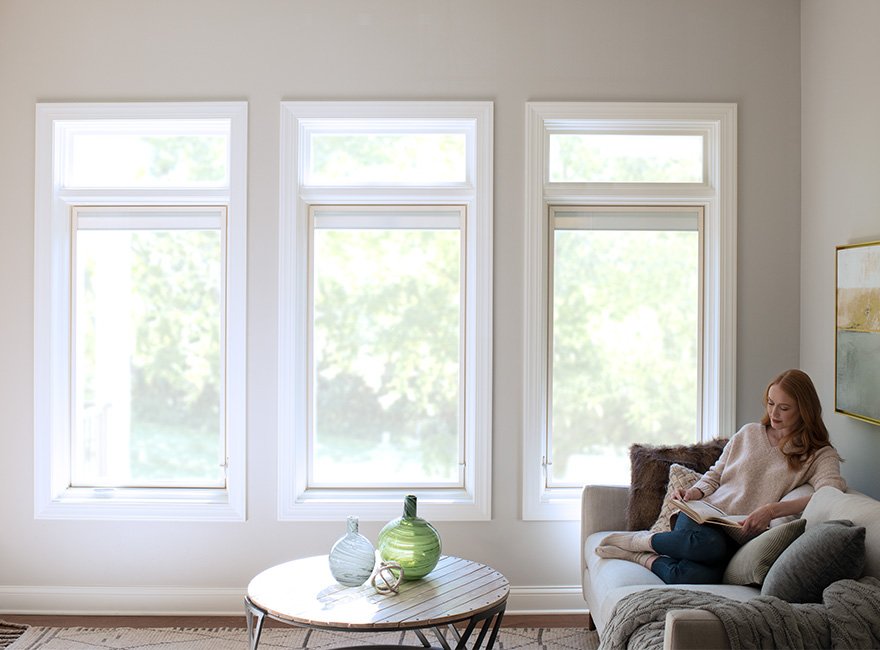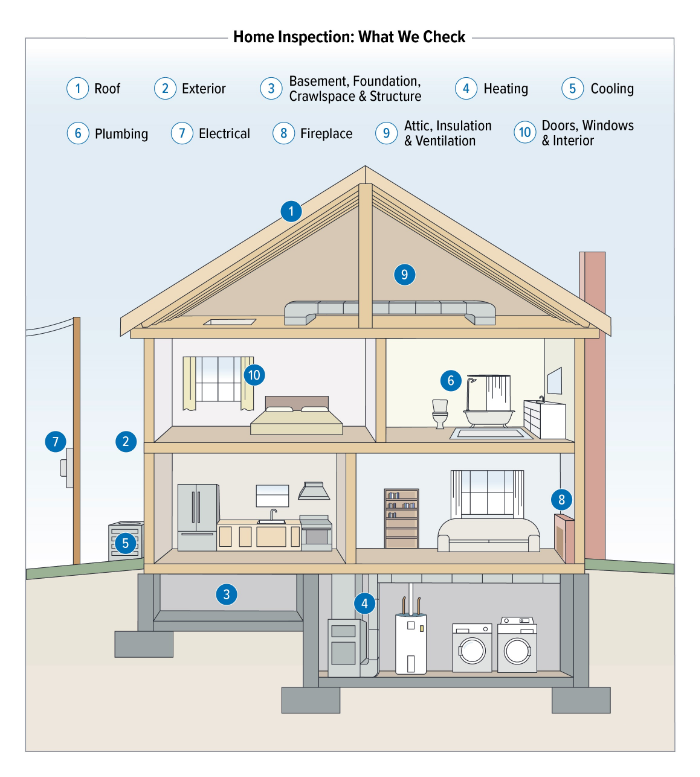Key Takeaways
- Energy-efficient windows can significantly reduce your energy bills.
- They enhance the comfort of your living space by maintaining a stable indoor temperature.
- These windows contribute to a sustainable environment by reducing carbon emissions.
- Choosing the right windows involves understanding different types, materials, and their benefits.
- Proper installation is crucial for maximizing efficiency.
The Importance of Energy Efficiency
With rising energy costs, finding ways to reduce energy consumption is more important than ever. Many homeowners are turning to energy-efficient solutions to save money and lessen their carbon footprint. One particularly effective way to achieve this is by installing energy-efficient windows. A reputable window company offers a range of options designed to help you maximize energy savings.
Energy-efficient windows can significantly lower household energy use. According to the U.S. Department of Energy, up to 30% of a home’s heating energy is lost through windows. Therefore, investing in high-quality windows can considerably impact energy consumption and contribute to a greener environment.
How Energy-Efficient Windows Work
Energy-efficient windows are meticulously designed to prevent heated or cooled air from escaping your home. These windows usually feature multiple panes of glass, Low-E (low-emissivity) coatings, and inert gas fills like argon or krypton between the panes. These components work synergistically to minimize heat transfer, keeping your home comfortable all year round.
The multiple panes of glass act as barriers, reducing the heat that escapes during the winter and enters during the summer. Low-E coatings reflect heat into your home during the winter while keeping it out in the summer. Inert gas fills enhance this insulation by reducing thermal conductivity between the panes, ensuring your home stays warm in the winter and cool in the summer.
Benefits of Installing Energy-Efficient Windows
The advantages of energy-efficient windows extend far beyond saving money on energy bills. These windows significantly improve the overall comfort of your home by eliminating drafts and reducing noise pollution, creating a more peaceful and consistent indoor environment.
Energy-efficient windows protect your furniture, flooring, and other interior elements from sun damage. They block up to 99% of harmful UV rays, helping to preserve the appearance and longevity of your home’s interior. Furthermore, these windows add value to your home, making it more attractive to potential buyers should you decide to sell.
Choosing the Right Windows
Selecting the right energy-efficient windows involves considering various factors, such as the frame material, type of glass, and window design. Vinyl and fiberglass frames are popular due to their excellent insulation properties and low maintenance requirements. These materials are also resistant to moisture and won’t rot or warp over time.
It’s crucial to look for ENERGY STAR-certified windows to ensure maximum efficiency. ENERGY STAR windows have been rigorously tested and meet strict energy performance criteria set by the U.S. Environmental Protection Agency. You can refer to this informative resource from the Department of Energy for more detailed information on the different types of energy-efficient windows.
The Impact on Your Energy Bills
Switching to energy-efficient windows can significantly impact your energy bills. Homeowners can typically save between 10% and 30% on heating and cooling costs, which translates to hundreds of dollars in savings each year. This benefits your wallet and contributes to a healthier planet by reducing your carbon footprint.
According to the Environmental Protection Agency, upgrading to energy-efficient windows can save approximately $126 to $465 annually. These savings are based on your home’s location, climate, and existing window conditions. For a deeper understanding of household energy savings, consider reading this EPA article on household energy savings.
Installation Best Practices
Proper installation is key to ensuring that your new windows perform as expected. Poorly installed windows can lead to air leaks, compromising the windows’ efficiency and negating their benefits. It’s advisable to hire professionals who are experienced in window installation. They can ensure that your windows are fitted correctly, providing the highest energy efficiency.
Always follow the manufacturer’s guidelines and take advantage of any warranties or service offers to maximize the longevity and performance of your windows. Properly installed windows will provide a better seal, reducing drafts and energy loss while enhancing your home’s comfort.
Incentives and Rebates
Many governments and utility companies offer incentives and rebates for homeowners who upgrade to energy-efficient windows. These programs can significantly offset the cost of new windows, making the switch more affordable. Some programs even offer tax credits or grants to help cover the initial investment.
Before starting your project, check for any local and federal incentives you might be eligible for. These incentives can help reduce the overall expense, making it easier to switch to energy-efficient windows. Additionally, taking advantage of these programs can increase the return on your investment by lowering your energy bills even further.
Conclusion
Investing in energy-efficient windows is a wise decision for any homeowner. These windows reduce energy bills, improve comfort, and contribute to a more sustainable environment. By choosing suitable windows and ensuring proper installation, you can enjoy these benefits for years to come.




